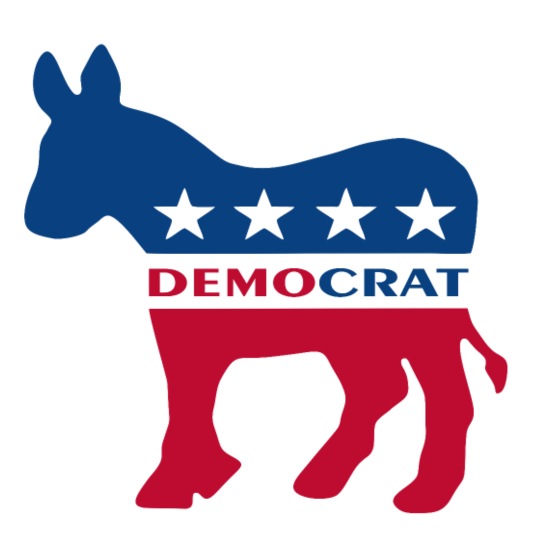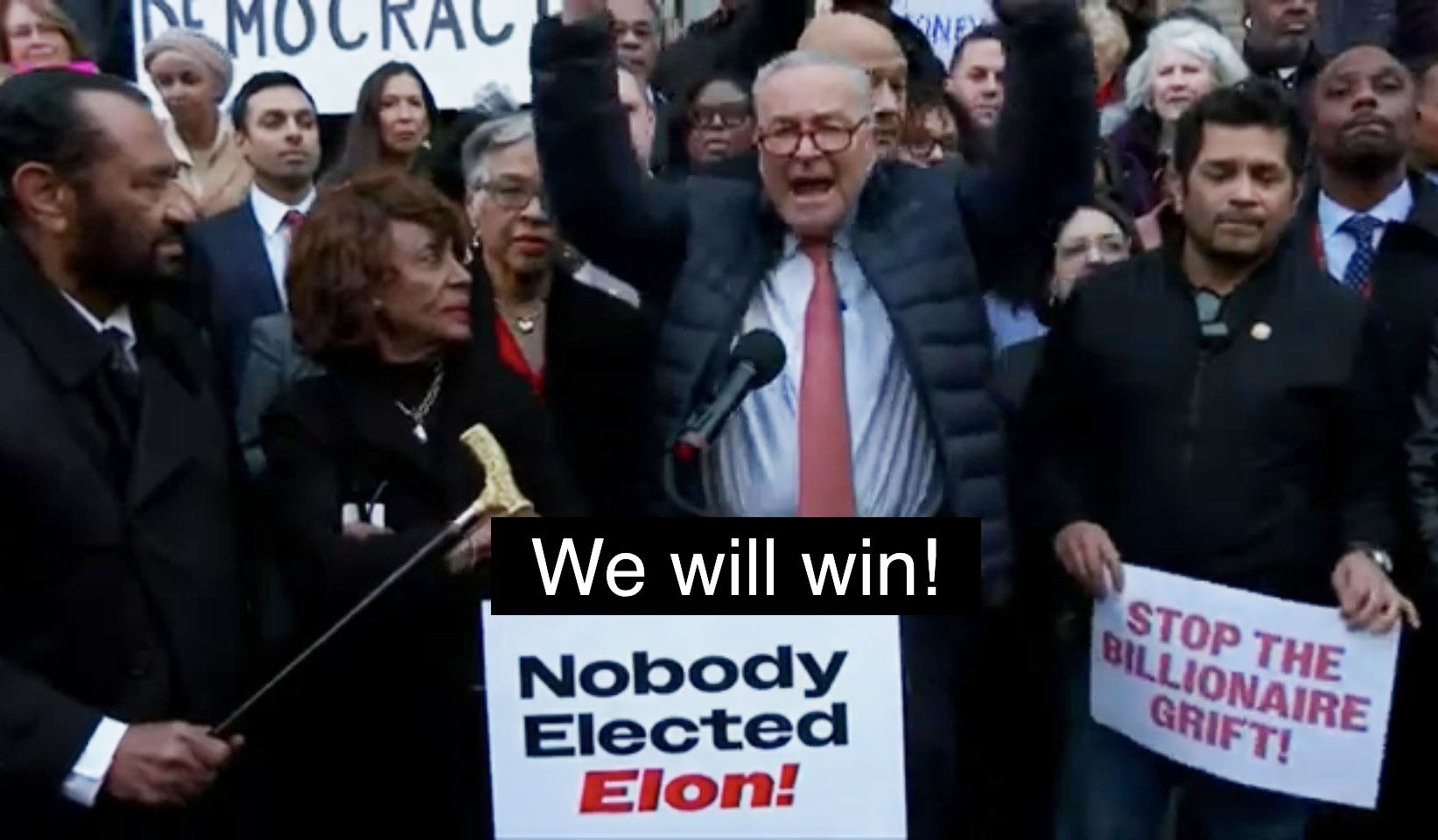As one of the many students at Meramec who are undoubtedly struggling financially, it greatly concerns me that the gap between the rich and the poor today is more than five times what it was during the Great Depression. The richest 1% of Americans own over 40% of the country’s wealth, while 80% of the country shares only 7%. What these statistics mean for our everyday lives is that millions of people are working as hard as they can and still struggling to make ends meet, public schools and vital assistance programs struggle to get the funding they need, and the economy fails to get the stimulation it needs as more and more wealth is removed from circulation and placed in the bank accounts of people who already have far too much. If we want to preserve our economy and our way of life, perhaps it’s time Americans rethink their position on socialism. Put simply, socialism is the idea that something designed for the general public should be funded by it. We see this in any system where funds are allocated through tax dollars to improve the lives of the general public. Public schools, community colleges, public transportation, government assistance for the needy and disabled; all of these are socialist institutions that have improved the lives of people all across the country.
The first objection to socialist policies is that they place too much power in the hands of the government. Since the country’s founding, Americans have had a healthy fear of the government growing too powerful and becoming tyrannical. The problem that arises with this objection, however, is that it ignores the fact that democracy and socialism are fully compatible. If the people have the right to freely fire and hire government officials, how can the fear of government overreach be justified? Socialist or capitalist, politicians only have the power that the people choose to give them, and their actions must be in the interest of voters, lest they be voted out of office.
Another commonly held belief about socialism is that it discourages competition and damages the economy. There is some merit to this argument, as a completely socialist system would mean implementing a standard flat-rate wage for all citizens, and it is reasonable to suppose that some may lose the motivation to work harder if no amount of work will earn them greater wages. But, as stated earlier, the argument is not whether our country should be socialist or capitalist; it already has elements of both. In fact, too much capitalism can and likely is causing the same issue many fear socialism will cause.
Today, too few Americans realize that socialism is not only compatible with democracy, it is essential to its maintenance, and the majority of us already benefit from it. The question, then, is not whether we should be socialist or capitalist, as we already have elements of both. The question is: Does our country have too much socialism, or not enough?
– Renee Lupold, Student











